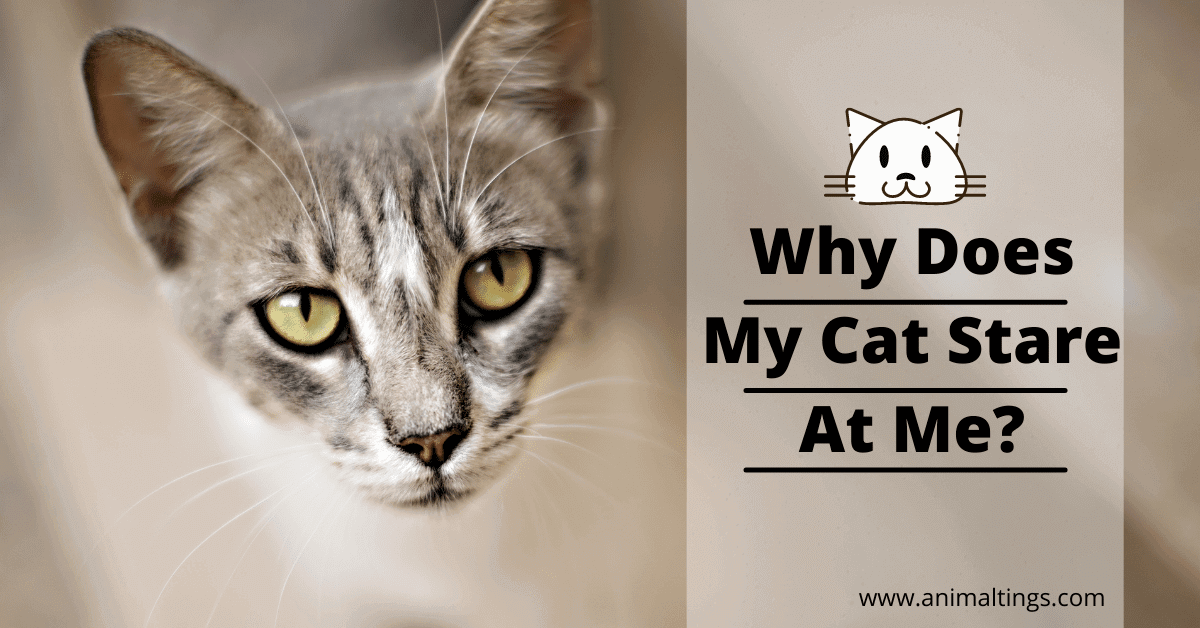Have you ever wondered if sharing your delicious chicken leftovers with your feline friend is safe? You’re not alone! Many cat owners have pondered this very question. While cats are natural carnivores, their delicate digestive systems require special consideration for certain foods. This article’ll delve into the intriguing world of cats and chicken bones, uncovering the potential risks and safe practices for feeding our furry companions. Can Cats Eat Chicken Bones?
Table of Contents
Understanding the Feline Digestive System
To comprehend why some foods can be problematic for cats, we must first understand their digestive system. Cats have a unique anatomy that evolved from their wild ancestors, making them obligate carnivores. This means that they require a diet primarily composed of meat to thrive.
In the wild, cats feast on small prey like birds and rodents, which include bones, fur, and other parts. Their sharp teeth and strong jaws help them crunch through bones effortlessly. However, domestic cats’ digestive systems aren’t quite as resilient, and some foods can pose serious risks.
READ: What Greens Can Rabbits Eat:
Chicken: Friend or Foe?
Chicken is a popular and nutritious protein source for cats, and many commercial cat foods include chicken-based recipes. The good news is that cooked chicken meat can be a healthy addition to your friend’s diet, providing essential nutrients like protein and amino acids.
But here’s the catch: chicken bones can be dangerous for cats. The bones can splinter easily and form sharp edges that could cause harm to your furry companion’s delicate digestive tract.
The Risks of Feeding Cats Chicken Bones – Can Cats Eat Chicken Bones?
Feeding your cat chicken bones can lead to several potential hazards. The bones can splinter and become lodged in your cat’s throat, causing choking. Worse yet, if the bones pass through the throat and get stuck in the digestive tract, it could lead to a life-threatening obstruction.
Additionally, those sharp edges can damage the delicate lining of the tummy and intestines, leading to internal injuries. These injuries might not be immediately apparent but can cause pain, discomfort, and even life-threatening infections.
SEE ALSO: Can cats eat Cornish hens?
Preparing Chicken for Cats
Before you swear off sharing chicken with your feline friend, there is a safer way to do it. To ensure the safety of chicken for your cat, you must remove all bones before serving.
Cooked chicken meat without bones can be a delicious and nutritious treat for your cat. It’s a great way to add variety to their diet and bond with your feline friend over a shared meal.
But What About Homemade Treats?
There are cat-friendly alternatives to chicken bones for those of you who love to cook for your pets. You can prepare homemade treats using cat-safe ingredients like chicken without bones, salmon, tuna, or some fruits and vegetables.
Just be sure to avoid toxic cat ingredients, such as onions, garlic, chocolate, and grapes. Always do your research and consult with a veterinarian if you’re unsure about the safety of a particular treat.
READ NOW: Can cats eat hot dogs?
Signs of Digestive Issues in Cats
As responsible cat owners, keeping a close eye on our furry companions for any signs of digestive issues is crucial. Cats are masters at hiding discomfort, so we need to be vigilant.
Watch out for symptoms like vomiting, diarrhea, constipation, lethargy, or lack of appetite. If you notice these signs after feeding your cat chicken (or any other treat), it’s time to seek immediate veterinary attention.
Expert Insights: Veterinarians Weigh In
We spoke with several veterinarians to get a professional perspective on this topic. They all emphasized the importance of being cautious when feeding cats chicken bones.
“While cats might enjoy the taste of chicken bones, they can pose serious risks to their health,” says Dr. Smith, a feline specialist. “It’s best to avoid giving your cat bones altogether and stick to boneless, cooked chicken as an occasional treat.”
SEE NOW: Why does my cat lick me then bite me
Conclusion: Can Cats Eat Chicken Bones?
In conclusion, cats and chicken bones don’t make the best combination. While cats can enjoy cooked chicken meat without bones, the bones pose significant health risks.
Always remember that the well-being of our furry friends should be our top priority. Instead of risking their health, opt for boneless, cooked chicken or other cat-friendly treats to share those special moments.
So, the next time you sit down to enjoy your chicken dinner, you can still share a delightful moment with your cat – make sure it’s the boneless version! Keeping our feline friends safe and happy is a rewarding responsibility we gladly undertake.
Remember, a happy and healthy cat is a delightful companion for life!




